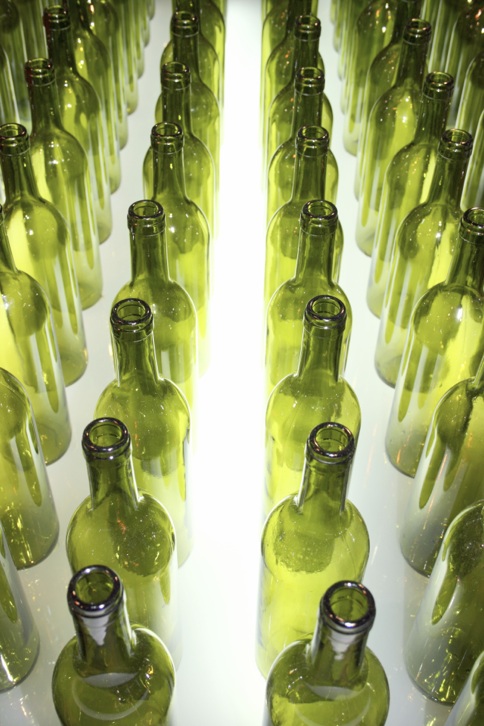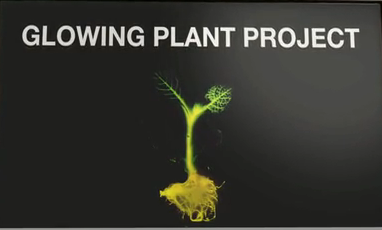 A new paper that reviews the scientific literature regarding the migration of nanomaterials from packaging into food has called into question Food Standards Australia New Zealand (FSANZ)’s decision not to assess the migration of nanomaterials from packaging into food...
A new paper that reviews the scientific literature regarding the migration of nanomaterials from packaging into food has called into question Food Standards Australia New Zealand (FSANZ)’s decision not to assess the migration of nanomaterials from packaging into food...
 A new study has found that metal oxide nanomaterials, such as titanium dioxide (TiO2), which is widely used in food, lollies, sunscreens and other cosmetics, “caused nonlethal, significant changes” to the microbial community in human gut. The scientists raised...
A new study has found that metal oxide nanomaterials, such as titanium dioxide (TiO2), which is widely used in food, lollies, sunscreens and other cosmetics, “caused nonlethal, significant changes” to the microbial community in human gut. The scientists raised...
 While concerns have been raised about the safety of nano-zinc, current government advice is that there is insufficient evidence for it to be considered dangerous. Now a new study reported on the ABC has suggested that when nano-zinc is mixed with surfactants — a...
While concerns have been raised about the safety of nano-zinc, current government advice is that there is insufficient evidence for it to be considered dangerous. Now a new study reported on the ABC has suggested that when nano-zinc is mixed with surfactants — a...
 Good news of sorts on the patent front. After decades of expansive interpretations of patent law to include patents on pretty much anything, including life, knowledge and ideas; after decades of governments supporting expansion of intellectual property protections for...
Good news of sorts on the patent front. After decades of expansive interpretations of patent law to include patents on pretty much anything, including life, knowledge and ideas; after decades of governments supporting expansion of intellectual property protections for...
 In April 2013, a group of ‘bio-hackers’ from California used the social media fund-raising website Kickstarter to raise almost half a million dollars to commercialise a synthetic biology plant that glows in the dark. In exchange for seed funding the ‘glowing plant...
In April 2013, a group of ‘bio-hackers’ from California used the social media fund-raising website Kickstarter to raise almost half a million dollars to commercialise a synthetic biology plant that glows in the dark. In exchange for seed funding the ‘glowing plant...







